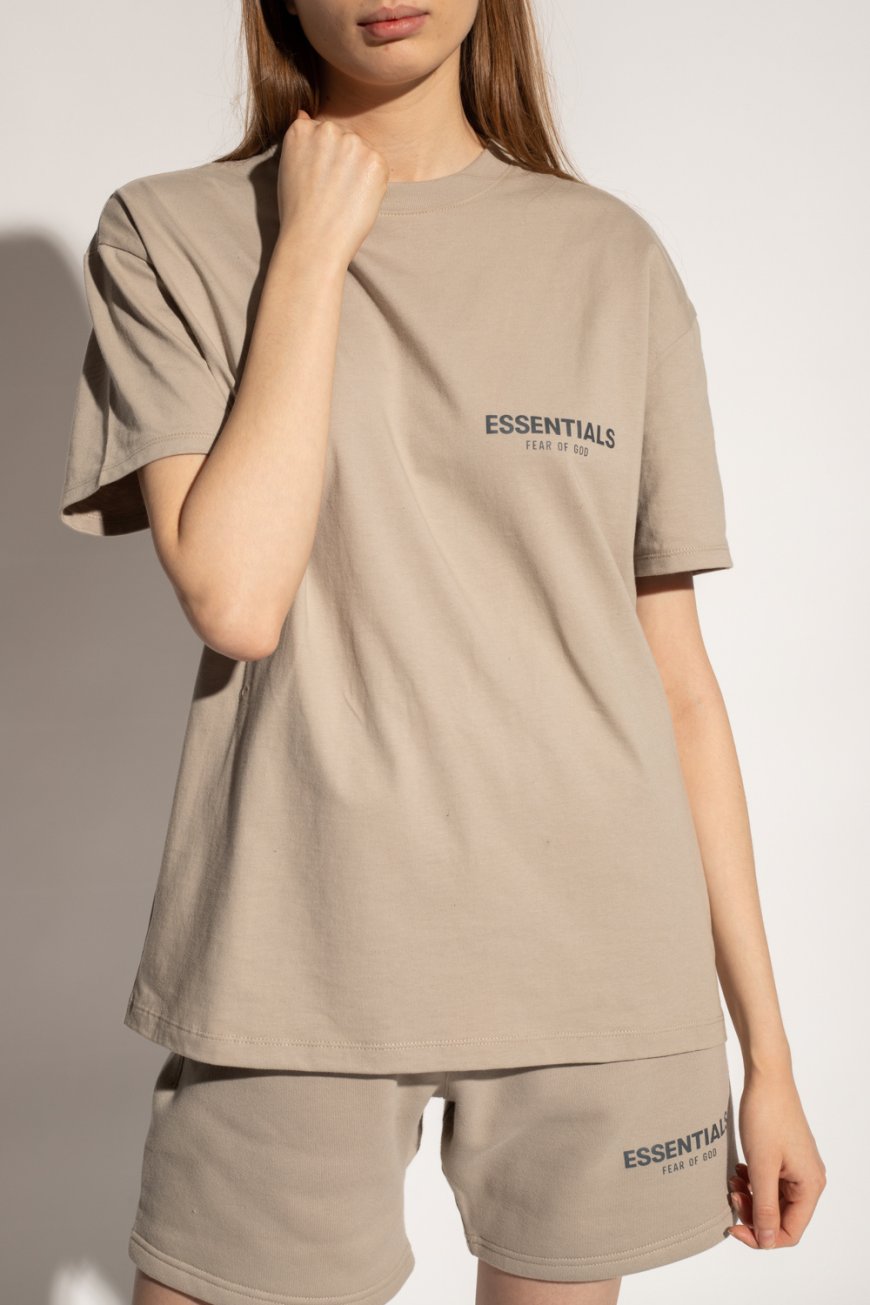Several pioneers are leading the charge in the virtual fashion industry.
Several pioneers are leading the charge in the virtual fashion industry.

The Emergence of Virtual Fashion
The virtual fashion industry is experiencing a remarkable transformation, driven by innovative pioneers who are pushing the boundaries of creativity and technology. This sector, once a niche interest, is rapidly gaining mainstream attention, Visit now Essentials hoodie blending the worlds of fashion, gaming, and digital art. As virtual reality (VR) and augmented reality (AR) technologies advance, the virtual fashion industry is poised to revolutionize how we perceive and interact with fashion. Here, we explore the leading pioneers in this dynamic field and their groundbreaking contributions.
Virtual fashion refers to digital clothing, accessories, and footwear designed for virtual avatars in digital environments. These items can be worn in video games, social media platforms, and virtual worlds, creating a new frontier for fashion enthusiasts and designers. The emergence of virtual fashion is reshaping traditional fashion paradigms and offering unprecedented opportunities for creativity and self-expression.
Key Drivers of Virtual Fashion Growth
Several factors are propelling the growth of the virtual fashion industry:
- Technological Advancements: The rapid development of VR and AR technologies has enabled designers to create hyper-realistic digital garments.
- Sustainability Concerns: Virtual fashion offers a sustainable alternative to traditional fashion, reducing waste and minimizing environmental impact.
- Consumer Behavior: The rise of digital-native consumers who spend significant time in virtual environments is fueling demand for virtual fashion items.
- Collaboration and Innovation: Cross-industry collaborations between fashion designers, tech companies, and gaming developers are fostering innovation and expanding the reach of virtual fashion.
Leading Pioneers in Virtual Fashion
1. The Fabricant
The Fabricant is a trailblazer in the virtual fashion industry, known for creating stunning digital garments that challenge conventional fashion norms. Founded in 2018, this Amsterdam-based digital fashion house has collaborated with renowned brands like Tommy Hilfiger and Adidas, producing iconic digital collections. The Fabricant’s work is characterized by its meticulous attention to detail and avant-garde designs, making it a standout player in the virtual fashion space.
Notable Achievements
- Iridescence: The Fabricant’s digital couture piece, Iridescence, was sold for $9,500 at a blockchain auction in 2019, marking a significant milestone for the virtual fashion industry.
- Digital-Only Collections: The company focuses exclusively on digital clothing, paving the way for sustainable and innovative fashion solutions.
2. RTFKT Studios
RTFKT Studios has gained prominence for its cutting-edge digital sneakers and collectibles. This futuristic fashion brand leverages blockchain technology and NFTs (non-fungible tokens) to create unique, verifiable digital assets. RTFKT Studios has collaborated with high-profile artists and celebrities, solidifying its reputation as a leader in digital fashion and culture.
Notable Achievements
- NFT Collaborations: RTFKT’s partnership with artist Fewocious resulted in the sale of over $3 million worth of NFT sneakers in just seven minutes.
- CloneX Avatars: The company’s CloneX project, in collaboration with artist Takashi Murakami, introduced customizable 3D avatars that can wear RTFKT’s digital fashion items.
3. DressX
DressX is a digital fashion platform that offers an extensive range of virtual clothing designed by various digital artists. Founded by Daria Shapovalova and Natalia Modenova, DressX aims to democratize virtual fashion by making it accessible to a wider audience. The platform allows users to purchase and wear digital garments in photos and videos, promoting sustainability and innovation in fashion.
Notable Achievements
- Partnerships with Influencers: DressX has collaborated with numerous influencers and celebrities, bringing digital fashion into the mainstream.
- AR Integration: The platform’s use of AR technology allows users to see themselves in digital clothing through their smartphones, enhancing the virtual fashion experience.
The Impact of Virtual Fashion on Traditional Fashion
The rise of virtual fashion is influencing the traditional fashion industry in several ways:
Sustainability and Ethical Practices
Virtual fashion significantly reduces the environmental impact associated with traditional fashion production, such as water usage, carbon emissions, and textile waste. By embracing digital clothing, the fashion industry can move towards more sustainable and ethical practices.
New Revenue Streams
Virtual fashion opens up new revenue streams for fashion brands through the sale of digital-only collections and NFTs. This shift allows brands to reach digital-native consumers and monetize their virtual presence.
Enhanced Consumer Engagement
Virtual fashion enables brands to engage with consumers in innovative ways, such as virtual try-ons and digital fashion shows. These interactive experiences enhance brand loyalty and attract tech-savvy audiences.
Future Prospects of Virtual Fashion
The future of virtual fashion looks promising, with several trends expected to shape the industry: Check it out now https://essentialsfogclothing.store/essentials-hoodie/
Integration with Metaverse
As the concept of the metaverse gains traction, virtual fashion will play a crucial role in defining digital identities. Fashion brands are likely to establish virtual stores and offer exclusive digital collections within metaverse platforms.
Advancements in Technology
Continued advancements in VR, AR, and AI technologies will enable even more realistic and immersive virtual fashion experiences. These technologies will also streamline the design and production processes for digital garments.
Increased Collaboration
Cross-industry collaborations will continue to drive innovation in virtual fashion. Partnerships between fashion designers, tech companies, and gaming developers will result in groundbreaking products and experiences.
Conclusion
The virtual fashion industry is at the forefront of a digital revolution, with pioneers like The Fabricant, RTFKT Studios, and DressX leading the charge. Their innovative approaches and groundbreaking creations are redefining the fashion landscape and opening up new possibilities for creativity, sustainability, and consumer engagement. As technology advances and the metaverse expands, the virtual fashion industry will continue to grow, offering exciting opportunities for both designers and consumers.
What's Your Reaction?
 Like
0
Like
0
 Dislike
0
Dislike
0
 Love
0
Love
0
 Funny
0
Funny
0
 Angry
0
Angry
0
 Sad
0
Sad
0
 Wow
0
Wow
0


















































